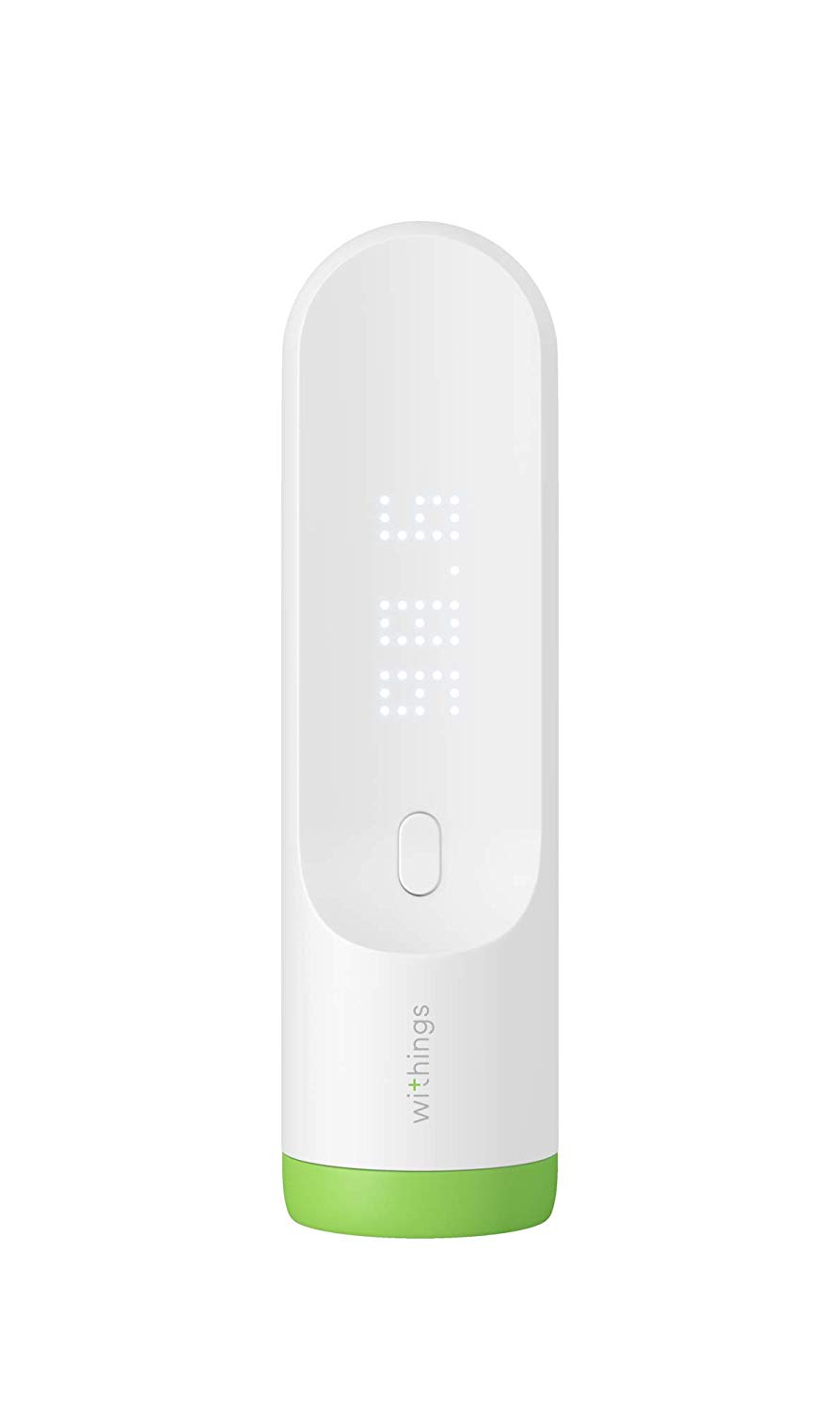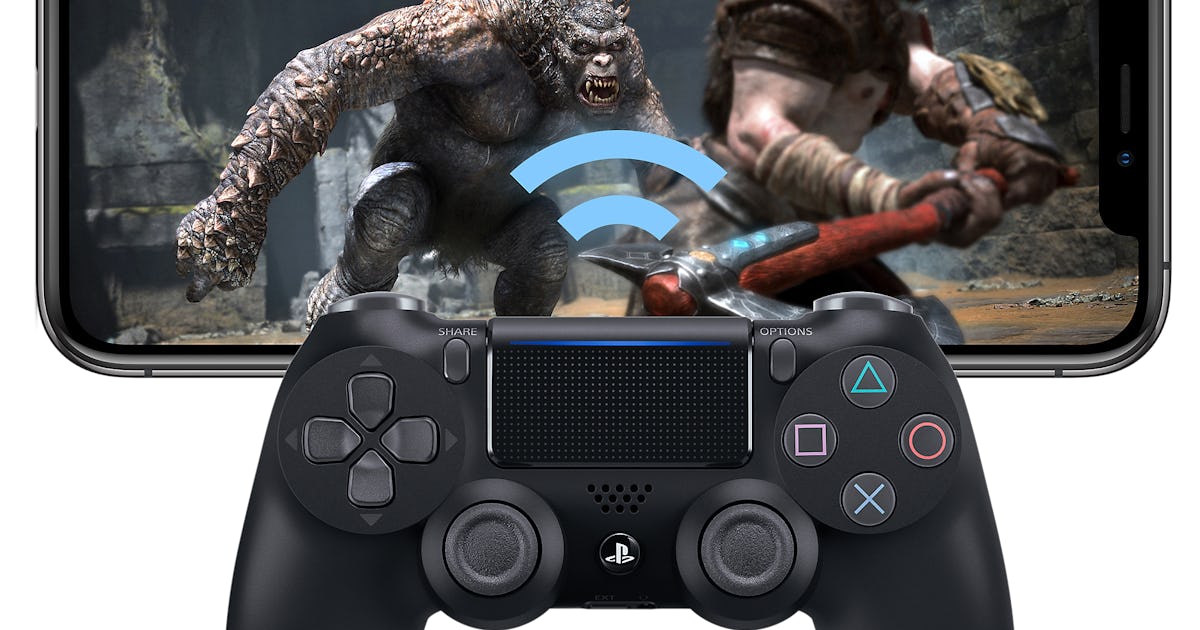When logging in to the PS4™ system, select the user that is linked to the same Sony Entertainment Network account as your system. On your system, select (PS4 Link) Start Remote Play. When registration is complete, the PS4™ system's screen is displayed on your system. Playing remotely 1. Turn on the PS4™ system. So I've been using remote play ever since the 3.50 update. I'm able to connect to my PS4 while I'm at work and it works great. However, when I'm at home and using remote play on my PC on the same network, it still connects via internet. Remote play first searches nearby, then searches the internet, then connects.
- Ps4 Remote Play Over Lan
- Ps4 Remote Play Over Lan Pc
- Ps4 Remote Play Lan Connection
- Ps4 Remote Play Over Lan Software
- Ps4 Remote Play Landscape
I was told Remote Play wouldn't use data except for the little it needs to authenticate through PSN so I streamed for about 3 hours yesterday. Afterwards, I checked my data usage and it says Remote Play app used 8GB and OBS used 7?! Both the PS4 and PC are hardwired into the router. (Xfinity Modem/Router combo) I'm a cordcutter and I have a 1TB. For PlayStation 4 on the PlayStation 4, a GameFAQs message board topic titled 'How do you set up remote play on Mac via LAN?'
With the launch of Google Stadia, more and more games and gaming content is being directed towards stream gaming or gaming over network. Google Stadia took the concept of game streaming to a whole new level, albeit issues many users faced. But long before Stadia was launched, console biggies, Sony and Microsoft have been offering game streaming (on local LAN and remotely) via their proprietary applications like Remote play and Xbox streaming on Windows 10 respectively.
The basic idea is that whenever you are playing a game on a console (either PS4 or Xbox), can you continue playing the game on other supported devices within your network (and remotely in some cases) even if you move away from your console without interruption. Your console behaves like a streaming game server (imagine it like a Google Stadia server inside your home 😉) streaming and supporting your game or any remote activity on your console. This however is limited to conditions like:
Ps4 Remote Play Over Lan

- The game you are playing
- The device to which the game will be streamed
- The platform on which the game will be streamed
- The network bandwidth (ideally the minimum requirement is 5Mpbs over LAN, and 10 Mbps over Wi-Fi) and so on
However, even if all the above requirements tick the box, then you are left with one major limitation, the application that supports the stream play (the game streaming agent on your console and the client agent on your PC/phone/TV). Most these agents or applications are proprietary to respective console manufacturers and hence have many limitations and nothing much can be done about it or I thought so until I stumbled across something on GitHub, by a developer named thestr4ng3r
The application is called Chiaki. It’s a free, open-source, multi-platform, remote play client for PlayStation 4. The thing that drove me to it, was the support for Android OS which was released a month ago. The application can be downloaded from Google Play here. The complete release list and fixes can be found here.
Ps4 Remote Play Over Lan Pc
The application supports complete setup process, right from registration using PSNAccountID to full streaming (supports 1080p for PS4 pro and 720p for non-pro PS4) and also remote PS4 wakeup. To setup the remote play, Chiaki and your PS4 must be on same network. Ideally, the PS4 discovery is automatic via Chiaki application but if automatic discovery fails, then this can be done manually by adding a device (by clicking + in discover new devices) and entering the IP address of the PS4 (see PS4 ->Settings -> Network -> View Connection Status). I always keep my PS4 IP static (have registered my PS4’s MAC ID in the reserved IP table in DNS of my router) hence discovery is always a guarantee. Also, previously PS4 registration was possible via online-ID but after PS4 Update 7.0, the registration can only be done using the PSN AccountID and PIN. You can see the screenshots below for the application setup taken from PC and phone.
The PSN AccountID is a new requirement available for PS4 System update 7.0 and beyond.
The complete steps to obtain the PS4 AccountID are available in the original GitHub repository.
The PIN can be obtained from the Settings menu in PS4 Console. Go to Remote Play Settings and then Click “Add Device”. A pin appears for about 300 seconds. Just type the PIN from the PS4 in to the PIN field and the device gets registered. This process has to be done just for the first time.
Ps4 Remote Play Lan Connection
Once the registration of the device is completed successfully, the following registry screens are generated.
Ps4 Remote Play Over Lan Software

Key mappings are not an issue as Chiaki is built with SDL Gamecontroller API and hence will typically support any USB controller and key bindings. With DualShock controller though, Touchpad is not enabled. Another desired feature currently lacking but has been promised as part of future releases is the ability for congestion control (a feature where you can essentially control your network bandwidth, prioritizing your network for gaming or game streaming) for a lag-free gaming experience.
Another feature that I have to test, but suggested by the author is, once the PS4 is registered with Chiaki, the remote play and remote wake-up functionality is supported via Internet as well. I have tested the application in my local network. Below is a set of screenshots of my test and it works very well considering I have fairly poor network bandwidth in my home.
Ps4 Remote Play Landscape
All the links are “affiliate links”, a link with a special tracking code. This means if you click on an affiliate link and purchase the item, we will receive an affiliate commission. By using the affiliate links, you are helping support the Service, and we genuinely appreciate your support. Please read our affiliate policy here.
